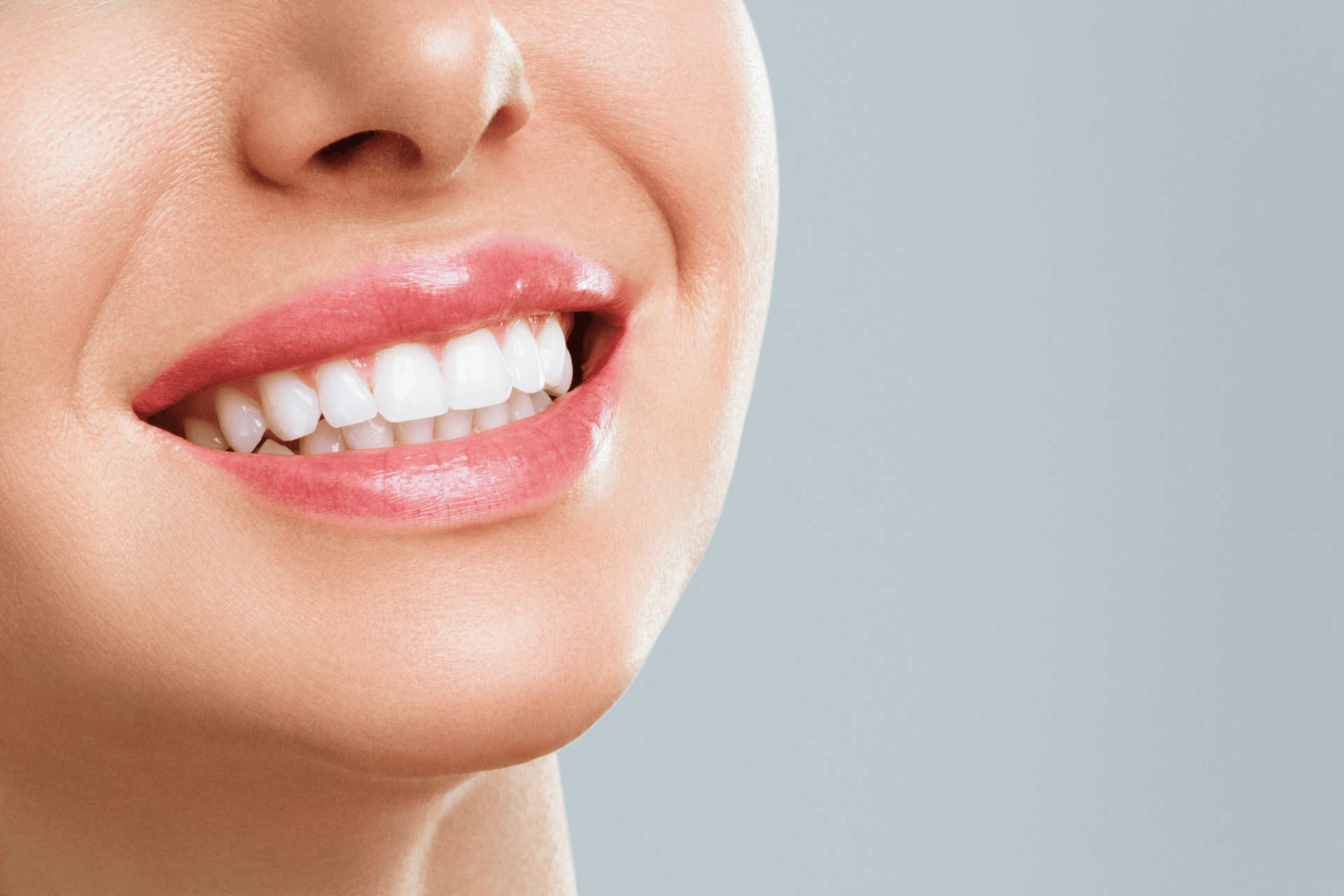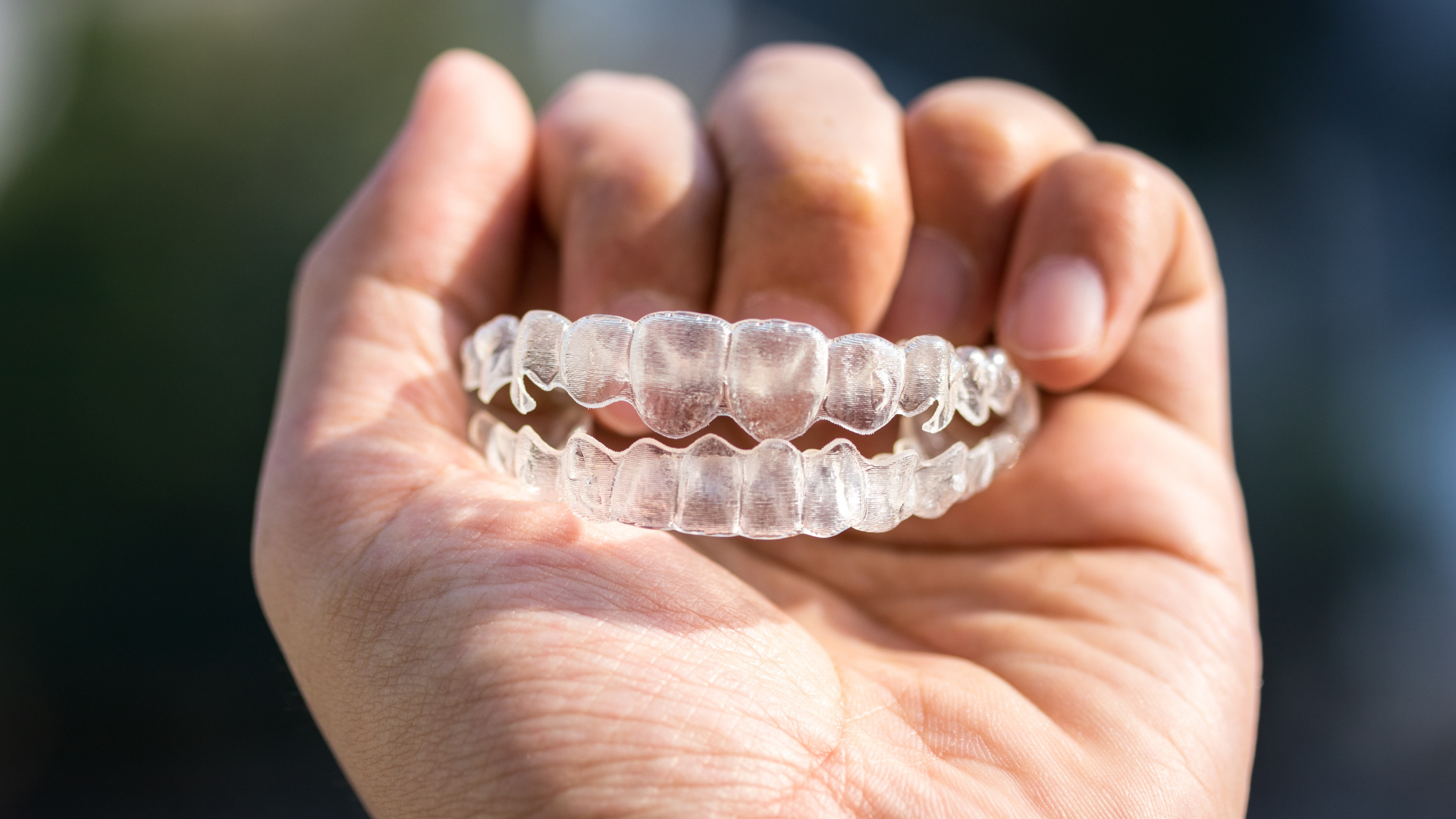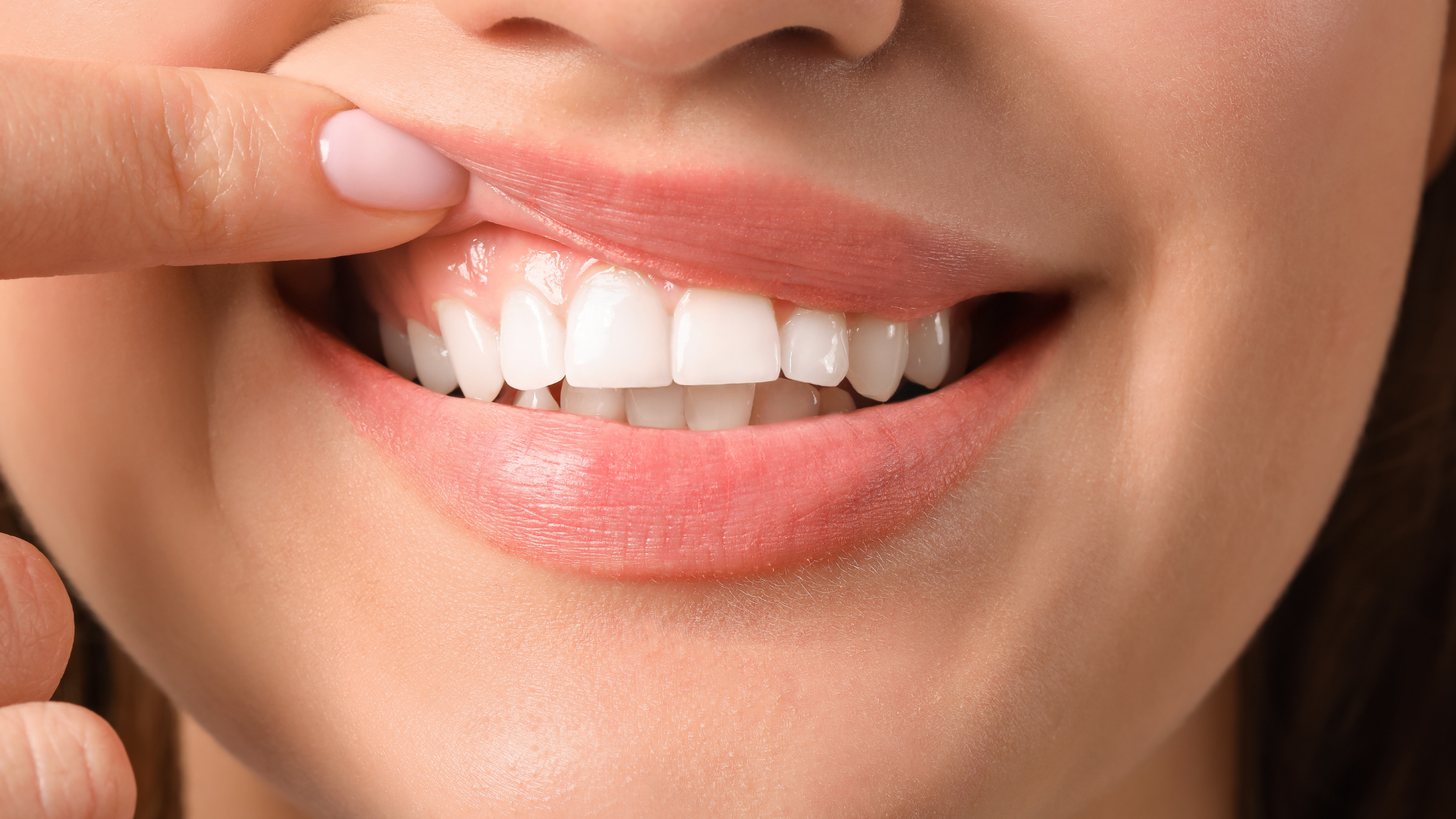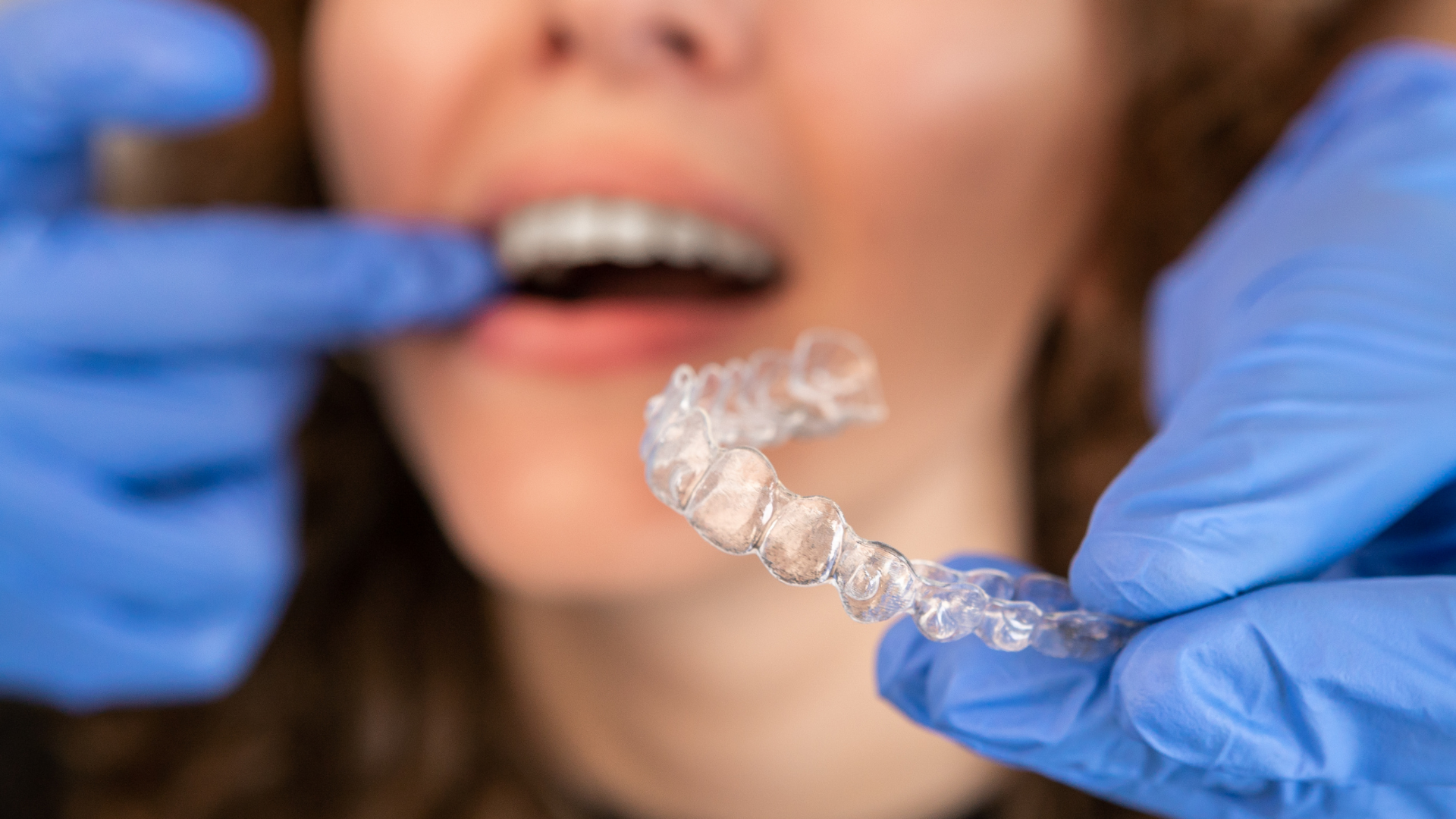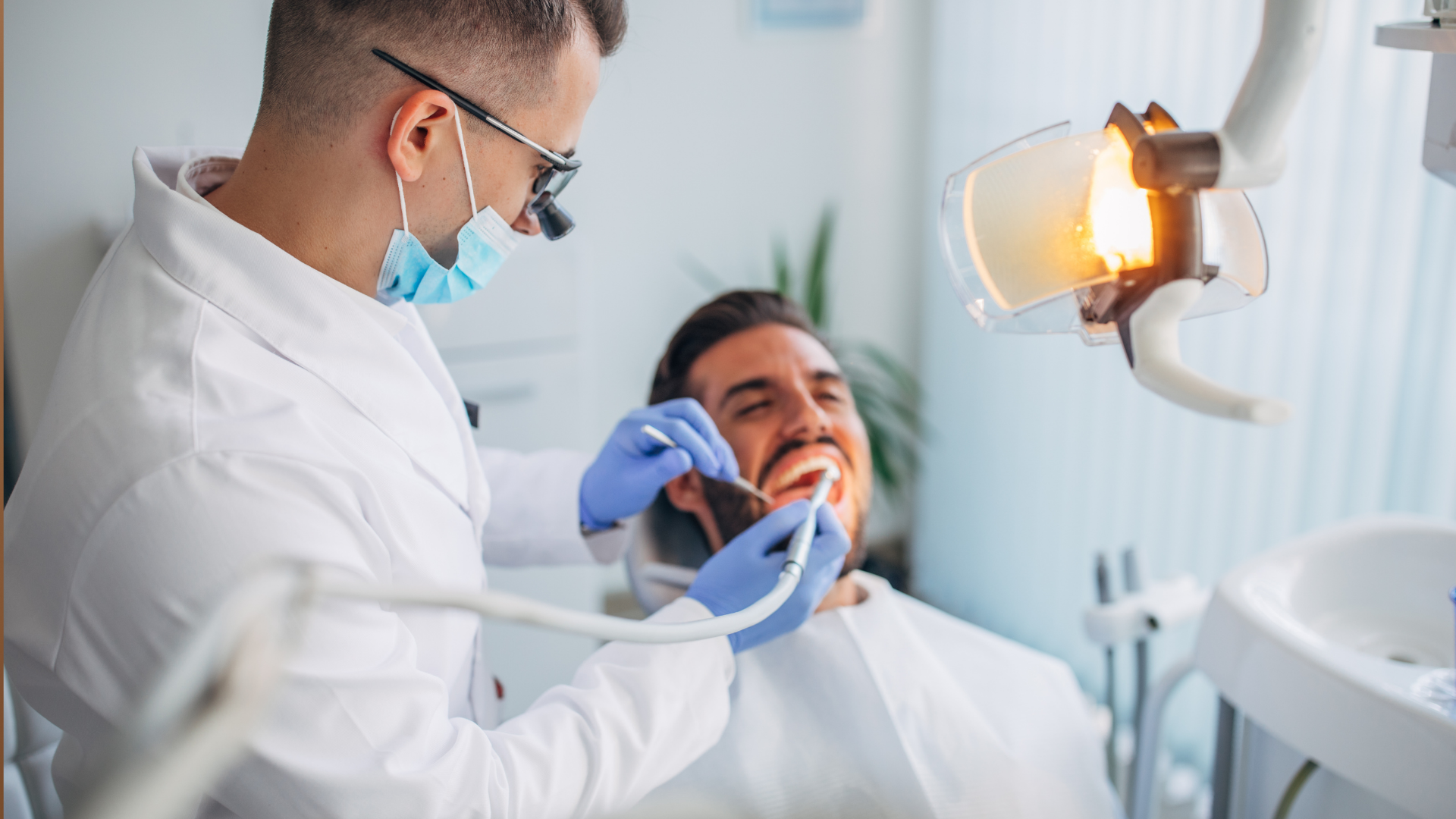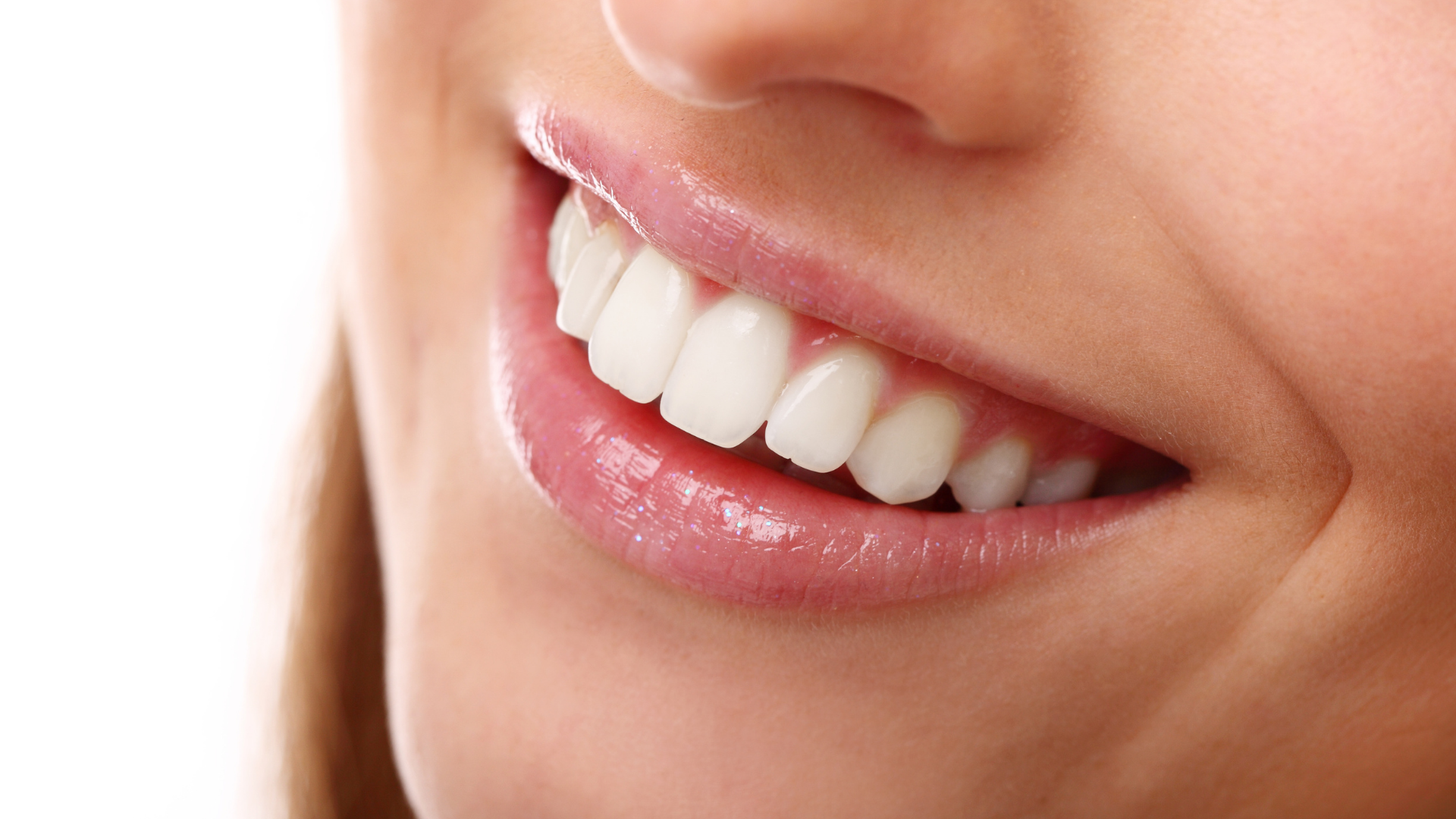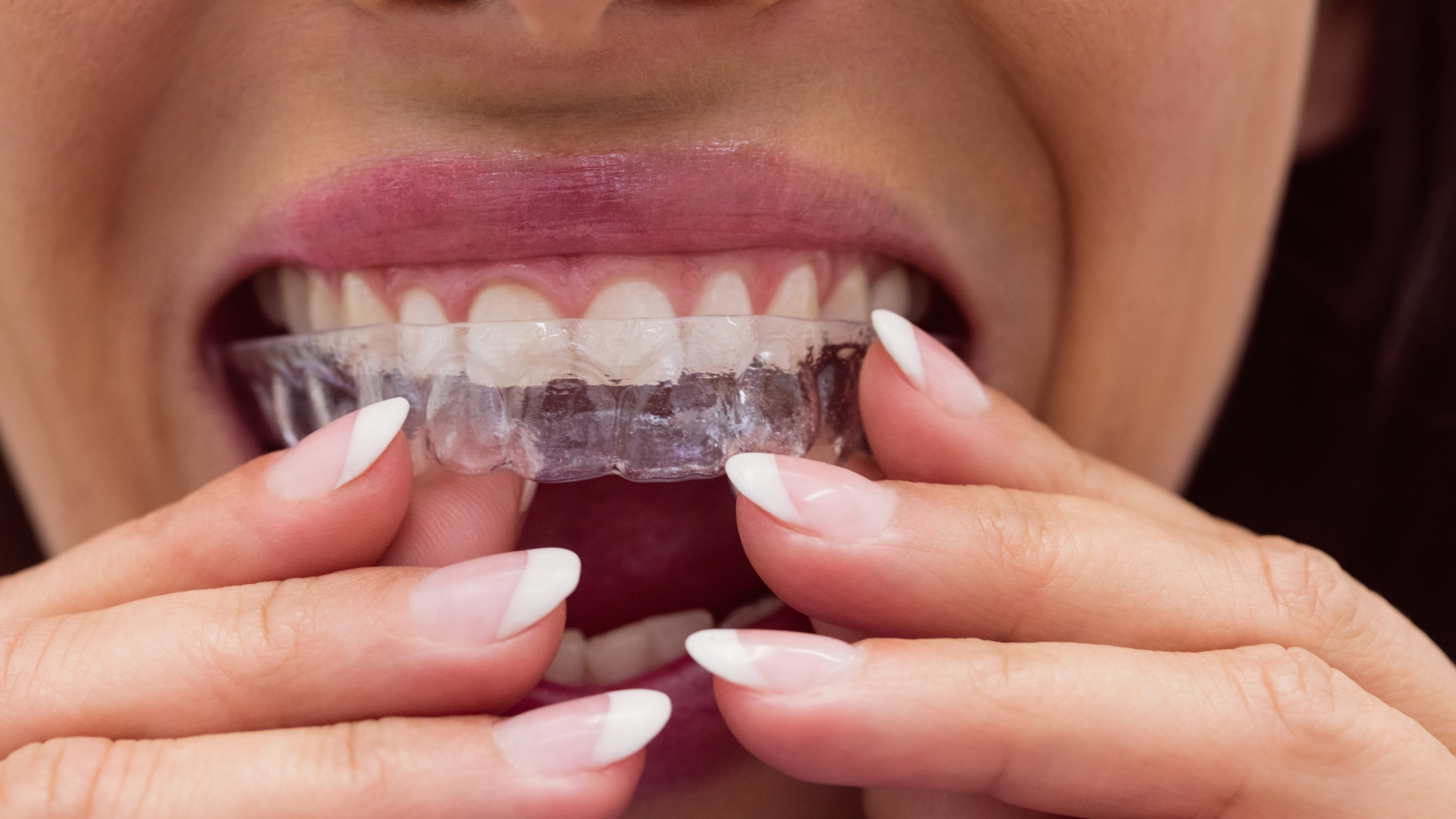Teeth whitening is a popular cosmetic dental procedure that can enhance the appearance of your smile by lightening the color of your teeth. However, the duration of teeth whitening can vary depending on several factors. In this article, we will explore the factors that affect the duration of teeth whitening and provide some tips to help prolong the effects of teeth whitening.
Key Takeaways
- Dietary habits and lifestyle choices can impact the duration of teeth whitening.
- Maintaining good oral hygiene practices is essential for prolonging the effects of teeth whitening.
- The type of teeth whitening treatment you choose can affect how long the results last.
- Avoiding staining foods and beverages can help maintain a brighter smile.
- Scheduling regular dental cleanings can help remove surface stains and maintain the results of teeth whitening.
Factors that affect the duration of teeth whitening
Dietary habits and lifestyle choices
Teeth whitening can be affected by various dietary habits and lifestyle choices. Certain foods and beverages, such as coffee, tea, red wine, and dark-colored fruits, can stain the teeth and reduce the effectiveness of teeth whitening treatments. It is important to limit the consumption of these staining substances to maintain the brightness of your smile.
Additionally, lifestyle choices such as smoking can also contribute to tooth discoloration. The chemicals in tobacco can cause yellowing and staining of the teeth, making it harder to achieve long-lasting teeth whitening results.
To ensure the longevity of your teeth whitening treatment, it is advisable to avoid or minimize the intake of staining foods and beverages and to quit smoking if you are a smoker.
Oral hygiene practices
Maintaining good oral hygiene is crucial for prolonging the effects of teeth whitening. Brushing your teeth at least twice a day with a whitening toothpaste can help remove surface stains and prevent new ones from forming. Flossing daily is also important to remove plaque and food particles from between your teeth. Additionally, using a mouthwash that is specifically designed for whitening can help freshen your breath and maintain the brightness of your teeth.
To further enhance the effects of teeth whitening, it is recommended to avoid certain habits that can stain your teeth. This includes limiting your consumption of staining foods and beverages such as coffee, tea, red wine, and dark-colored fruits. If you do consume these items, it is advisable to rinse your mouth with water afterwards to minimize their staining effects.
Regular dental cleanings are essential for maintaining the results of teeth whitening. Bryant St. Dental recommends scheduling a professional cleaning every six months to remove any stubborn stains and tartar buildup.
Type of teeth whitening treatment
There are several types of teeth whitening treatments available, including Teeth Whitening and Laser Teeth Whitening. Each treatment option has its own benefits and considerations.
Teeth Whitening: This is a popular and affordable option for whitening teeth. It involves the use of a bleaching agent, such as hydrogen peroxide, to remove stains and discoloration from the surface of the teeth. The results of teeth whitening can last for several months, but may vary depending on individual factors.
Laser Teeth Whitening: This is a more advanced and expensive option for teeth whitening. It involves the use of a laser to activate a whitening gel applied to the teeth. Laser teeth whitening can provide faster and more dramatic results compared to traditional teeth whitening methods. The effects of laser teeth whitening can last for a longer period of time, typically up to a year or more.
When considering a teeth whitening treatment, it is important to consult with a dental professional, such as Bryant St. Dental, to determine the most suitable option for your needs and to ensure proper application and safety.
Tips to prolong the effects of teeth whitening
Avoid staining foods and beverages
When it comes to maintaining the effects of teeth whitening, it's important to be mindful of the foods and beverages you consume. Certain items have the potential to stain your teeth and undo the results of your whitening treatment. Teeth whitening can be a significant investment, so it's worth taking steps to protect your investment.
One way to avoid staining is to limit your consumption of dark-colored beverages such as coffee, tea, and red wine. These drinks contain pigments that can adhere to the enamel of your teeth, causing them to become discolored over time. If you do indulge in these beverages, it's a good idea to rinse your mouth with water afterward to help minimize the staining effects.
Another culprit for staining teeth is certain foods, particularly those with intense colors like berries, tomato sauce, and soy sauce. These foods contain natural dyes that can penetrate the enamel and leave behind stains. Laser teeth whitening treatments, like the ones offered at Bryant St. Dental, can help remove these stains and restore the brightness of your smile.
To maintain the effects of teeth whitening, it's also important to practice good oral hygiene. Brushing your teeth twice a day with a whitening toothpaste can help remove surface stains and prevent new ones from forming. Additionally, using a whitening mouthwash can provide an extra boost to your oral care routine.
Regular dental cleanings are another key factor in prolonging the effects of teeth whitening. Professional cleanings can remove stubborn stains and plaque buildup that regular brushing may not be able to address. By scheduling regular dental check-ups, you can ensure that your teeth stay bright and white for longer.
Maintain good oral hygiene
Maintaining good oral hygiene is crucial for prolonging the effects of teeth whitening. Brushing your teeth twice a day with a whitening toothpaste can help remove surface stains and prevent new ones from forming. Flossing daily is also important to remove plaque and food particles from between your teeth. Additionally, using a mouthwash that contains whitening properties can help maintain the brightness of your teeth.
To further enhance the effects of teeth whitening, it is recommended to avoid certain habits that can stain your teeth. This includes avoiding foods and beverages that are known to cause staining, such as coffee, tea, red wine, and dark-colored berries. If you do consume these items, it is advisable to rinse your mouth with water afterwards.
Regular dental cleanings are essential for maintaining good oral health and prolonging the effects of teeth whitening. During a dental cleaning, your dentist or dental hygienist will remove any plaque or tartar buildup that can dull the appearance of your teeth. They can also provide professional teeth whitening treatments, such as laser teeth whitening, to enhance and maintain the whiteness of your teeth.
Remember, maintaining good oral hygiene and following these tips can help you enjoy the benefits of teeth whitening for a longer period of time.
Use whitening toothpaste and mouthwash
Using whitening toothpaste and mouthwash can help maintain the effects of teeth whitening treatments. These products contain special ingredients that help remove surface stains and prevent new stains from forming. Look for toothpaste and mouthwash that are specifically designed for teeth whitening, as they often contain higher concentrations of whitening agents. Teeth whitening toothpaste and mouthwash can be used daily as part of your oral hygiene routine to keep your smile bright and laser teeth whitening results lasting longer.
In addition to using whitening toothpaste and mouthwash, there are other steps you can take to prolong the effects of teeth whitening. Here are some tips:
- Avoid staining foods and beverages such as coffee, tea, red wine, and dark-colored fruits and vegetables.
- Maintain good oral hygiene by brushing your teeth at least twice a day and flossing daily.
- Schedule regular dental cleanings to remove any stubborn stains and keep your teeth healthy.
Remember, the duration of teeth whitening results can vary depending on individual factors such as dietary habits, oral hygiene practices, and the type of teeth whitening treatment used. By following these tips and incorporating whitening toothpaste and mouthwash into your routine, you can help extend the longevity of your Bryant St. Dental teeth whitening treatment.
Schedule regular dental cleanings
Regular dental cleanings are an essential part of maintaining the effects of teeth whitening. During these cleanings, a dental professional will remove any plaque or tartar buildup that can dull the appearance of your teeth. They will also polish your teeth, helping to maintain their brightness. Additionally, regular dental cleanings can help prevent future staining and discoloration, keeping your smile looking bright and white.
To ensure the longevity of your teeth whitening treatment, it is recommended to schedule dental cleanings every six months. This allows your dentist to monitor the condition of your teeth and make any necessary touch-ups to maintain the desired level of whiteness. By staying consistent with your dental cleanings, you can enjoy the benefits of teeth whitening for a longer period of time.
Remember, Bryant St. Dental offers professional teeth whitening services, including laser teeth whitening, to help you achieve a brighter smile. Contact us today to schedule an appointment and learn more about our teeth whitening options.
Conclusion
In conclusion, the duration of teeth whitening is influenced by various factors including dietary habits and lifestyle choices, oral hygiene practices, and the type of teeth whitening treatment. To prolong the effects of teeth whitening, it is important to avoid staining foods and beverages, maintain good oral hygiene, use whitening toothpaste and mouthwash, and schedule regular dental cleanings. By following these tips, individuals can enjoy the benefits of teeth whitening for a longer period of time.

